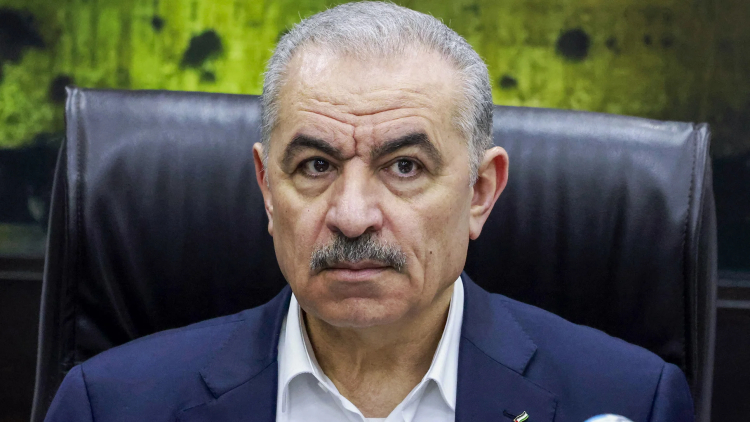Resignation of Palestinian Authority Prime Minister Shtayyeh and Government
Resignation of Palestinian Authority Prime Minister Shtayyeh and Government: Implications for Reform and Governance

Palestinian Authority Prime Minister Mohammed Shtayyeh Announces Government Resignation Amid Calls for Reform
In a significant political development, Palestinian Authority Prime Minister Mohammed Shtayyeh, along with his government, has officially submitted their resignations to President Mahmoud Abbas. This move underscores the growing pressures and demands for governance reforms within the Palestinian Authority (PA), especially from international stakeholders like the United States. The resignation, announced via a Facebook post by Shtayyeh, marks a pivotal moment for the PA, which has faced criticism for corruption and inefficiency.
The Palestinian Authority: A Brief Overview
Established in the mid-1990s, the Palestinian Authority was envisioned as a provisional administration leading up to Palestinian independence. This was part of the Oslo Accords, an agreement with Israel aimed at resolving the long-standing Israeli-Palestinian conflict. The PA, headquartered in Ramallah within the Israeli-occupied West Bank, has been granted nominal self-rule over certain territories. However, its governance has been marred by allegations of corruption and a lack of efficacy, particularly in ensuring security and fostering economic development.
Challenges and Controversies
The PA's governance has not been without its challenges. Initially controlling Gaza, the PA lost administrative control to Hamas following the 2006 legislative elections. This loss has further complicated the political landscape, with Israel firmly opposing the PA's return to Gaza. The United States, on the other hand, supports the idea of a reformed PA governing both the West Bank and Gaza as part of a future independent Palestinian state.
Public Dissatisfaction and Calls for Change
Public sentiment towards the PA and President Abbas has notably declined, with a significant portion of the Palestinian population expressing a desire for the dissolution of the PA. Surveys conducted by the Palestinian Center for Policy and Survey Research reveal a stark decline in support for Abbas, highlighting the populace's frustration with the current state of governance and their desire for substantial reform.
The Role of International Actors
The international community, particularly the United States, plays a crucial role in the Israeli-Palestinian conflict. Despite efforts to manage the situation, there is a perceived lack of political will from the current US administration to actively pursue a resolution. The PA's reliance on international support and diplomacy remains a critical aspect of its strategy to achieve Palestinian independence and self-governance.
Looking Forward
The resignation of Prime Minister Shtayyeh and his government signals a potential turning point for the Palestinian Authority. It presents an opportunity for introspection and reform, essential for addressing the grievances of the Palestinian people and improving governance. As the PA navigates this transitional period, the support and involvement of international actors will be pivotal in shaping the future of Palestinian self-rule and the broader quest for peace in the region.
For more insights and updates on this developing story, visit Kiksee Magazine.
Summary: In a significant political development, Palestinian Authority Prime Minister Mohammed Shtayyeh and his government have announced their resignation. This move comes as the PA faces increasing pressure from the United States to enact reforms and enhance governance within the Israeli-occupied West Bank. Established in the mid-1990s, the PA has been criticized for corruption and inefficacy, leading to widespread discontent among Palestinians. The resignation underscores the challenges facing Palestinian leadership as they navigate internal dissatisfaction, external pressures, and the complex dynamics of the Israeli-Palestinian conflict.
External Resources:
- United Nations on the Israeli-Palestinian Conflict
- Palestinian Center for Policy and Survey Research
Engage with Us: We invite our readers to share their thoughts and perspectives on the resignation of the Palestinian Authority government and its implications for the future of Palestinian governance. Join the discussion below and contribute to the dialogue on this critical issue.
What's Your Reaction?






















